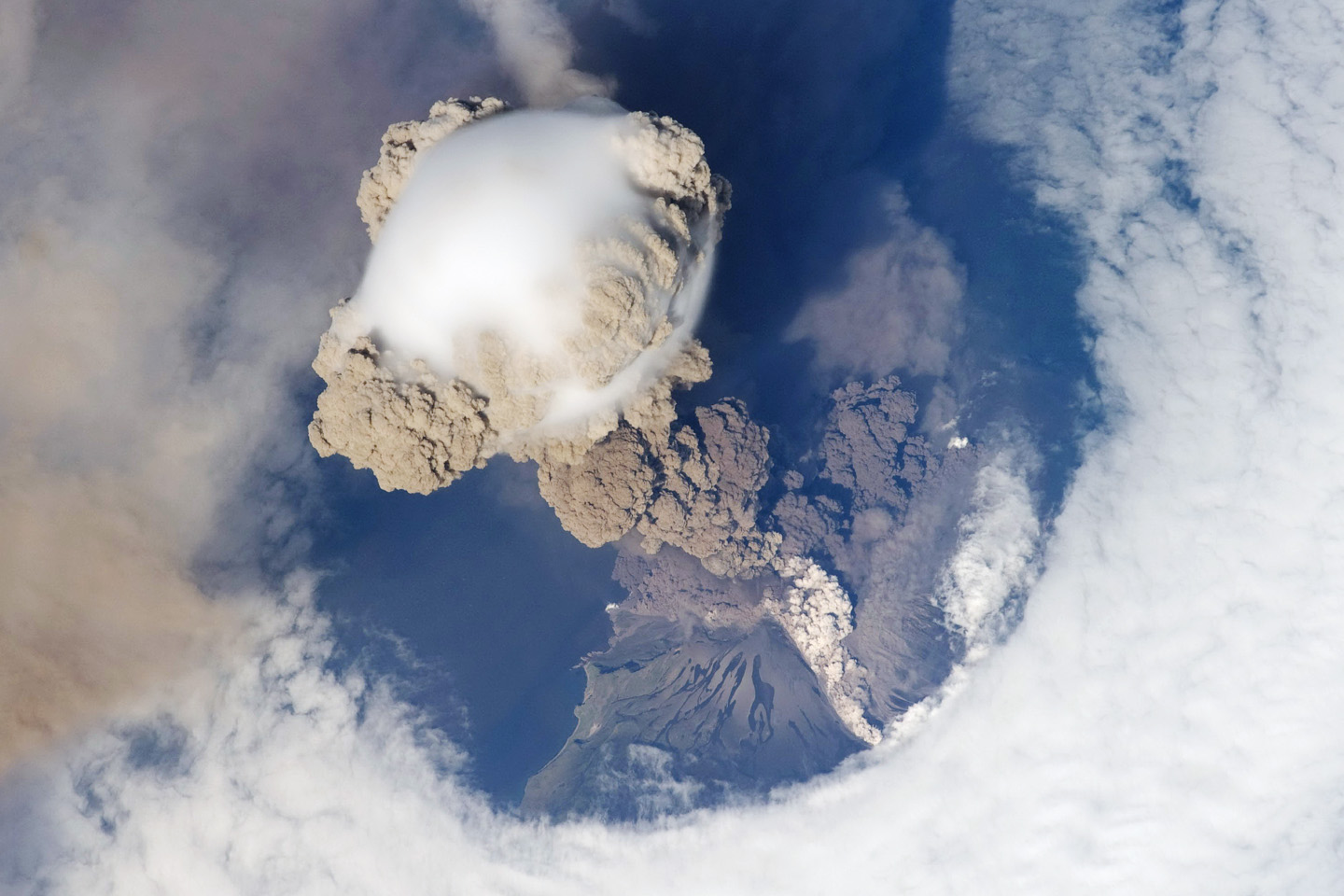
© unknown
The sun was dismissed by the IPCC as a contributor to the apparent warming of the Earth's climate during the period from 1975 to 2000.
It seems to be accepted that the warming that occurred in the early part of the 20th Century was more likely solar induced but it is asserted that in the late 20th Century man made influences took over and forced a rise in global temperatures that would not otherwise have happened naturally. However it is notable that the highest recorded US mainland temperatures were recorded in the 1930s and not the 1990s. That interesting fact was obscured until recently when the data was investigated and the records corrected.
I have already dealt with the likelihood that the IPCC was in error regarding solar influence in my article for climaterealists.com and which can be found here:
The Death Blow to Anthropogenic Global WarmingFor the purposes of this article I will ignore the Urban Heat Island effect that seems to have contaminated the surface station record as a result of poor recording site management and surrounding development over many years. Suffice it to say that the more recent satellite recordings do confirm a warming of the air until recently, albeit less than suggested by surface records and far less than that anticipated by climate models.
The concern about the human effects on global climate as opposed to local effects is now reaching a crescendo with energy control, pricing and rationing measures being pushed through in many parts of the Western world and especially in the USA and the UK.
Energy costs are critical to modern civilisations and their abilities to advance whilst providing adequately for their citizens, especially the poorest, so anything that significantly affects such costs or indeed energy availability is of the utmost importance.
If the sun is primarily responsible for observed global air temperature changes (even if heavily modulated by ocean behaviour as I contend elsewhere) then we need to know sooner rather than later otherwise a misdiagnosis of the causes of climate change could cause unimaginable disruption and hardship through the imposition of incorrect remedies.
The sun and it's cycles seem to have undergone a sharp change in behaviour in recent years hence the importance of concentrating specifically on the solar cycles 24 and 25 which taken together are likely to tell us much of what we need to know about climate change and thus the right measures we need to adopt in order to adapt to it. I do not believe we can ever adequately control natural climate swings.






